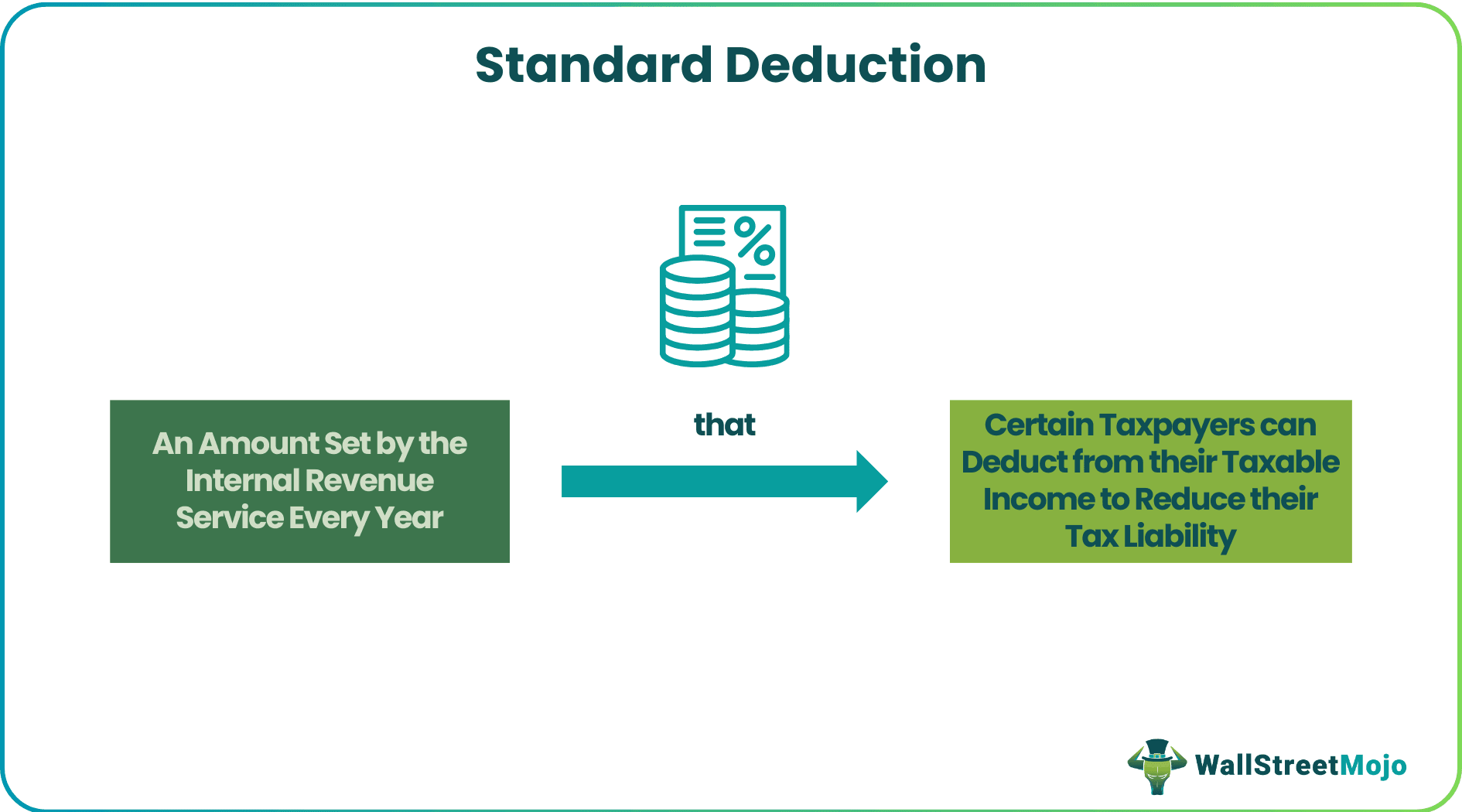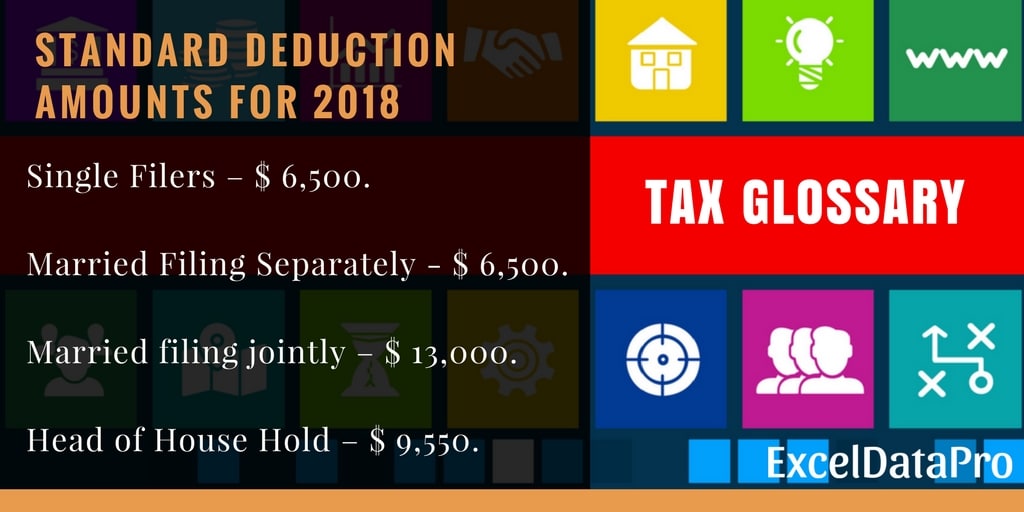The Foreign Earned Earnings Exclusion Explained: A Guide to Enhancing Your Common Reduction
The Foreign Earned Revenue Exemption (FEIE) is an important tax obligation stipulation for U.S. people and resident aliens living abroad. It permits qualified migrants to exclude a considerable section of their foreign-earned income from federal tax obligations. Understanding the subtleties of FEIE can bring about substantial tax financial savings. Numerous individuals ignore vital information that can affect their qualification and advantages. Checking out these elements might expose chances for improved tax obligation end results.
Comprehending the Foreign Earned Income Exemption
Although lots of migrants seek chances abroad, comprehending the Foreign Earned Earnings Exemption (FEIE) is essential for handling their tax obligation commitments. This stipulation permits united state citizens and resident aliens living overseas to omit a particular quantity of their made income from federal tax. The FEIE was developed to relieve the tax obligation worry on individuals that stay outside the United States, acknowledging the distinct monetary challenges they might deal with.

Eligibility Requirements for FEIE

How to Claim the FEIE
To effectively declare the Foreign Earned Earnings Exemption (FEIE), taxpayers should first validate their qualification based on particular standards - FEIE Standard Deduction. The process entails numerous steps, including filing the appropriate types and offering necessary paperwork. Recognizing these requirements and procedures is crucial for taking full advantage of tax advantages while living abroad
Eligibility Demands
Eligibility for the Foreign Earned Revenue Exemption (FEIE) hinges on meeting details requirements set by the internal revenue service. To certify, individuals must be U.S. citizens or resident aliens who earn revenue while working abroad. They require to establish a foreign tax obligation home, which suggests their main business is outside the USA. In addition, applicants must fulfill either the Authentic Home Test or the Physical Visibility Examination. The Bona Fide Home Examination calls for that a taxpayer resides in an international country for an entire tax obligation year, while the Physical Existence Test necessitates spending at the very least 330 complete days in a foreign country during a 12-month duration. Fulfilling these demands is important for asserting the FEIE.
Filing Refine Actions
How can one successfully navigate the procedure of declaring the Foreign Earned Income Exclusion (FEIE)? People have to determine their qualification based on the physical existence examination or the bona fide house test. As soon as validated, they must complete IRS Kind 2555, which details international earnings and residency. This form should be connected to their annual income tax return, generally Kind 1040. It is important to accurately report all international made earnings and assurance conformity with the internal revenue service standards. Additionally, taxpayers must keep appropriate paperwork, such as international income tax return and proof of residency. By adhering to these actions, individuals can effectively claim the FEIE and potentially decrease their gross income significantly, enhancing their total economic setting.
Calculating Your International Earned Revenue Exclusion
While several expatriates seek to optimize their economic benefits abroad, understanding the computation of the Foreign Earned Revenue Exemption is necessary for exact tax obligation coverage. The Foreign Earned Income Exclusion allows certifying people to omit a certain amount of their foreign revenues from united state tax, which is changed every year for rising cost of living. To calculate this exclusion, expatriates should determine their overall foreign gained earnings, which typically consists of earnings, salaries, and specialist charges earned while residing in an international nation.
Next, they must complete IRS Type 2555, giving information concerning their foreign residency and work status. FEIE Standard Deduction. It's vital to satisfy either the bona fide residence examination or the physical visibility examination to certify for the exemption. As soon as these aspects are developed, the optimum allowable exclusion quantity is applied, lowering the person's taxable income significantly. Accurate estimations can lead to substantial tax obligation savings for migrants living and working abroad
The Effect of FEIE on Various Other Tax Obligation Benefits
The Foreign Earned Revenue Exemption (FEIE) can affect a person's eligibility for sure tax benefits, consisting of the basic deduction. By leaving out international gained earnings, taxpayers may locate their adjusted gross earnings influenced, which consequently can impact their credentials for numerous tax credit reports. Comprehending these communications is crucial for enhancing tax obligation end results while living abroad.
Interaction With Criterion Reduction
When individuals get approved for the Foreign Earned Revenue Exclusion (FEIE), their eligibility for the basic reduction may be influenced, possibly altering their overall tax obligation obligation. The FEIE permits taxpayers to leave out a specific amount of made income from united state tax, which can bring about a minimized gross income. Therefore, if the omitted revenue surpasses the standard deduction, it can lessen the advantage of declaring that reduction. Furthermore, taxpayers that make use of the FEIE may locate that their ability to make a list of reductions is additionally affected, as certain costs might be affected by the exemption. Comprehending this communication is vital for expatriates to optimize their tax benefits while making sure compliance with united state tax legislations
Qualification for Tax Credit Ratings
Guiding through the intricacies of tax credit histories can be testing for expatriates, specifically because the Foreign Earned Earnings Exclusion (FEIE) can considerably influence eligibility for these click over here now benefits. The FEIE permits qualified individuals to omit a considerable section of their international earnings from united state taxation, but this exemption can likewise influence accessibility to numerous tax obligation credit ratings. Taxpayers who utilize the FEIE may find themselves disqualified for credit scores like the Earned Income Tax Debt (EITC), as these credits commonly need taxable income. Additionally, the exclusion might limit the ability to assert certain deductions or credit scores connected with dependents. For that reason, understanding the interplay in between the FEIE and offered tax credits is necessary for migrants aiming to optimize their tax scenario.
Typical Errors to Stay Clear Of When Claiming FEIE
Typically, expatriates encounter a number of risks while declaring the Foreign Earned Revenue Exclusion (FEIE), which can bring about pricey errors or missed possibilities. One constant error is failing to satisfy the physical existence or authentic residence examination, which is essential for qualification. In addition, migrants frequently forget the requirement to submit Form 2555 appropriately, causing imprecise or incomplete entries.
An additional usual mistake entails inaccurately computing foreign earned income, as many do not account for all pertinent income resources. Some migrants wrongly think they can exclude all their revenue, not aware of the constraints on the exclusion quantity. Overlooking to preserve appropriate documentation, such as traveling days and residency condition, can endanger a claim. Misunderstanding the ramifications of the FEIE on various other tax obligation credit scores may lead to unintended tax responsibilities. Recognition of these risks can facilitate a smoother declaring procedure and make best use of potential advantages.
Resources for Expats Navigating U.S. Taxes
Navigating U.S. tax commitments can be challenging for migrants, especially after coming across challenges in claiming the Foreign Earned Earnings Exclusion (FEIE) To help browse these complexities, a selection of sources are readily available. The internal revenue service site provides considerable info on tax faqs, policies, and kinds specifically customized for expatriates. Furthermore, organizations like the American People Abroad (ACA) and the Expat Tax Professionals deal support and assistance to guarantee compliance with tax obligation legislations.
On-line forums and areas, such as the Expat Forum, permit migrants to share experiences and insights, fostering an encouraging environment for those facing similar challenges. Tax preparation software application, like copyright and H&R Block, often consists of functions developed for deportees, making the declaring process a lot more easy to use. Engaging with these sources can encourage expatriates to much better recognize their tax commitments and make best use of benefits like the FEIE.
Often Asked Concerns
Can I Declare FEIE if I'M Independent Abroad?
Yes, independent people abroad can assert the Foreign Earned Revenue Exemption (FEIE) To certify, they have to meet specific requirements concerning residency and income, ensuring they stick to internal revenue service standards for migrants.

Is the FEIE Applicable to Foreign Pensions?
The Foreign Earned Revenue Exemption (FEIE) is not suitable to foreign pensions. Pension plans are taken into consideration unearned income and do not qualify for the exemption, which particularly relates to gained revenue from employment or self-employment abroad.
What Happens if I Return to the U.S. Mid-Year?
If an individual returns to the U.S. mid-year, they may require to adjust their tax obligation scenario. Their qualification for sure deductions and exemptions, including the Foreign Earned Revenue Exemption, could be impacted by Learn More their residency condition.
Can FEIE Be Claimed With Other Reductions?
Yes, the Foreign Earned Income Exemption (FEIE) can be claimed alongside other reductions. Care needs to be taken to assure appropriate conformity with tax obligation regulations, as certain restrictions might apply based on individual situations.
Exactly How Does FEIE Influence State Tax Obligation Commitments?
The Foreign Earned Income Exemption can see this here lower a taxpayer's federal earnings tax obligation, but it does not instantly influence state tax commitments, which vary by state and may still call for coverage of foreign income.
Numerous migrants look for opportunities abroad, comprehending the Foreign Earned Revenue Exclusion (FEIE) is crucial for handling their tax obligation commitments. By leaving out foreign earned income, taxpayers might discover their adjusted gross income impacted, which in turn can influence their credentials for numerous tax credits. Steering through the complexities of tax obligation credit scores can be challenging for expatriates, particularly given that the Foreign Earned Revenue Exemption (FEIE) can substantially influence qualification for these benefits. Taxpayers who utilize the FEIE may find themselves disqualified for debts like the Earned Income Tax Obligation Credit Score (EITC), as these credit histories commonly require taxed revenue. Maneuvering U.S. tax obligation obligations can be challenging for migrants, specifically after running into challenges in declaring the Foreign Earned Revenue Exemption (FEIE)